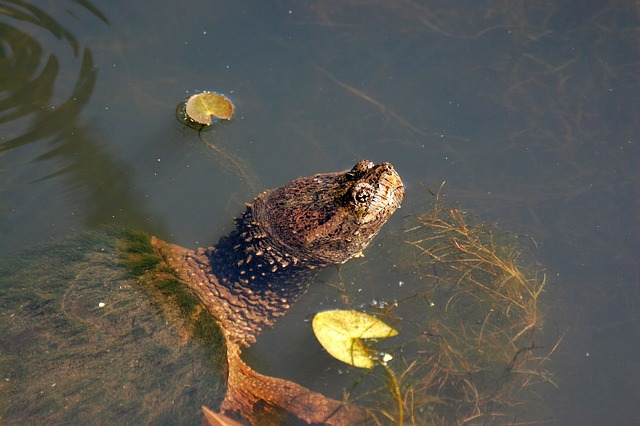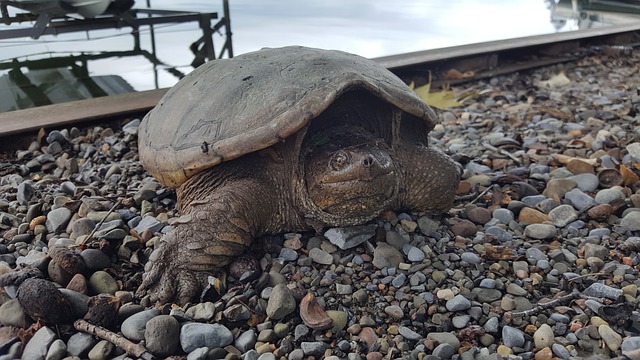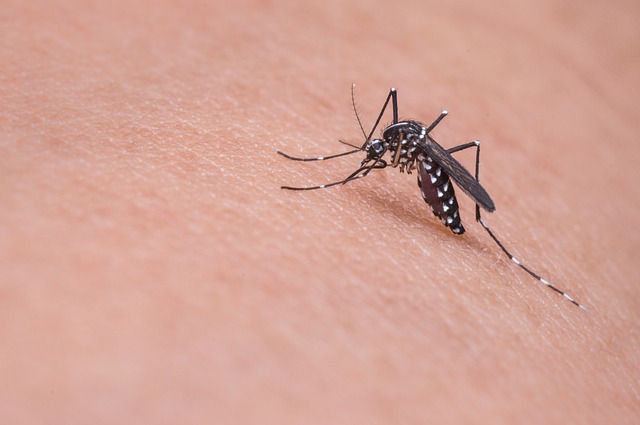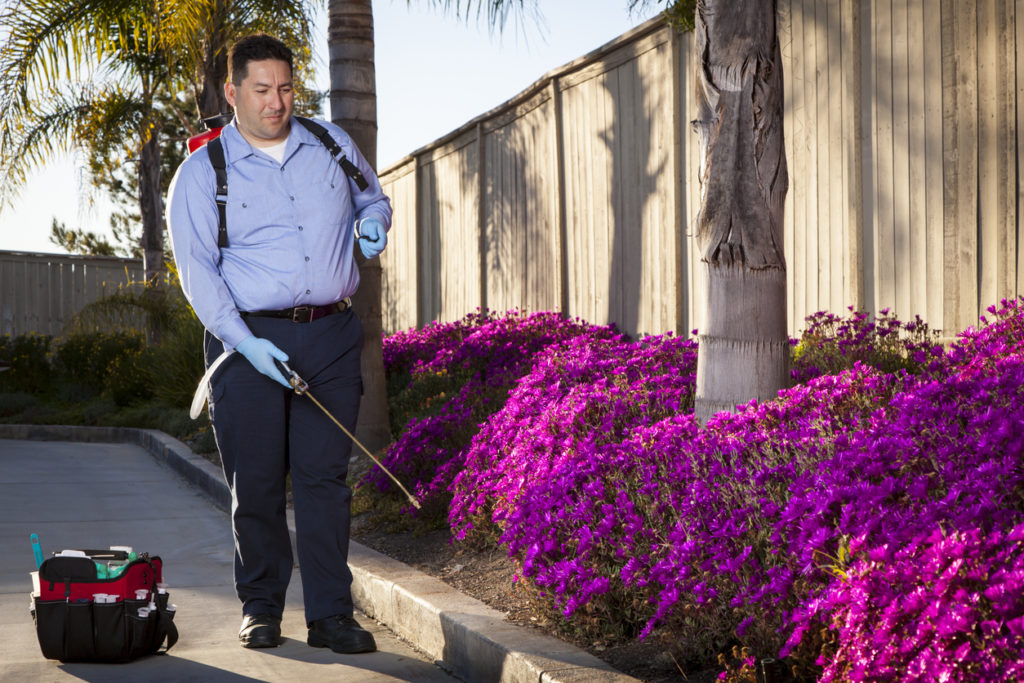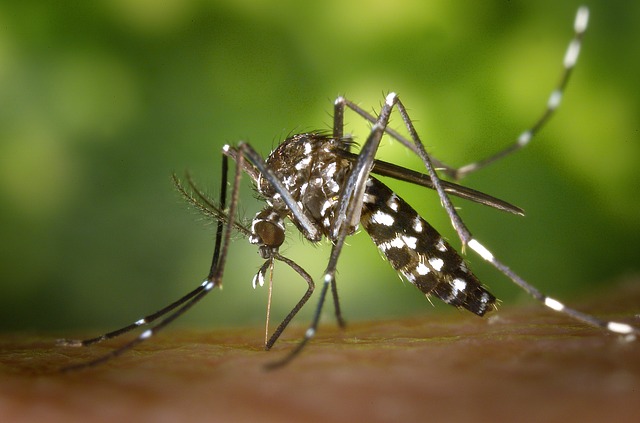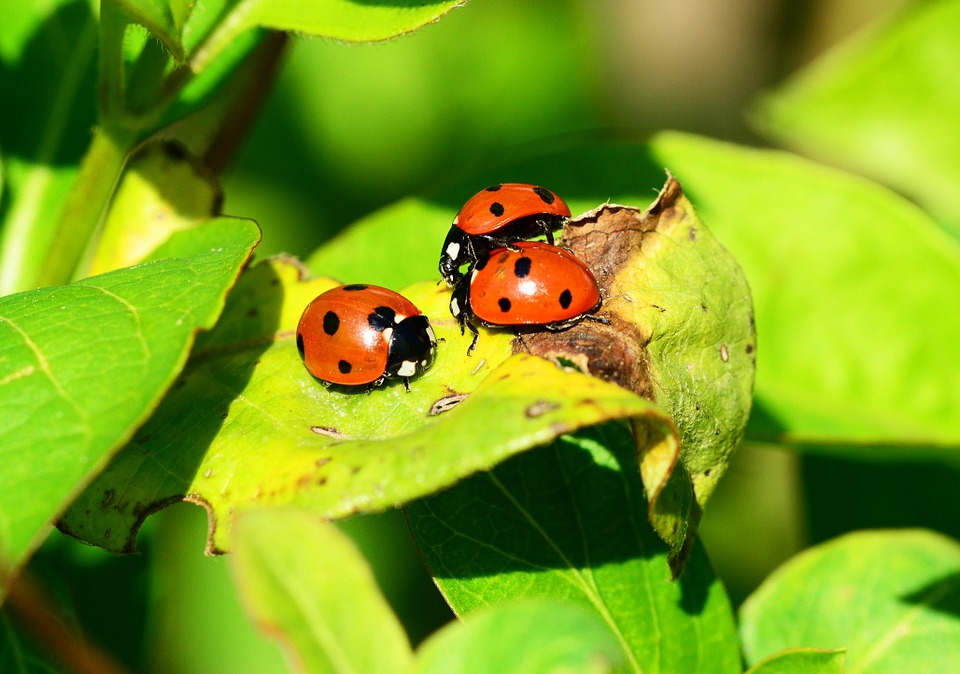
While there are some turtle species that can live peacefully in backyard ponds snapping turtles are typically not one of them. Not only are they carnivorous but also potentially dangerous. However before you try and catch one, you’ll want to know how to get rid of snapping turtles in the pond first.
Why Get Rid Of Snapping Turtles
Snapping turtles often get into ponds and lakes from nearby bodies of water. These carnivorous pond pests will eat your ornamental fish. They will also eat baby geese and ducks and even sometimes adult waterfowl as well.
Their dangerous bite can inflict serious wounds and snapping turtles are known to carry salmonella. It’s no wonder most people want to get rid of snapping turtles in ponds or lakes on their property as quickly as possible. Here’s what you’ll need to know to do so.
Check Local Regulations
Just like when trapping any other type of animal, you’ll want to check your local regulations when it comes to trapping but also transporting, and relocating snapping turtles. While in most areas it’s not a problem to do any of these it may not be legal where you live so it’s worth finding out first.
Choose A Trap
When choosing a snapping turtle trap you’ll want to purchase a live trap in order to make sure that the turtle is not harmed during the process. A live trap will also make transporting and releasing the turtle easy and safe for you as well. Live turtle traps come in two basic types: floating and non-floating.
Select A Bait
Snapping turtles are carnivores and therefore can easily be attracted into a trap using meat. Typically meats with strong scents work best. Pieces of beef, fish, along with liver and other internal animal organs, are all known to work well.
Set Your Trap
Place the bait inside of your trap. You’ll need to make sure that the bait is deep enough inside the trap so that the turtle has to enter fully inside in order to get to it. Place your trap in a shallow area since that is where snapping turtles like to hunt for food.
If you have a non-floating trap you will have to place it in a spot that is shallow enough so that part of it is out of the water. This will allow the snapping turtle to breathe. If the trap is fully submerged under the water the turtle will not be able to get any oxygen when inside and may drown.
Relocate
Once you catch the turtle you can relocate it to an appropriate river, pond, or lake. Be sure to be careful when transporting and releasing the turtle. Snapping turtles have an incredibly strong and painful bite that can do a lot of damage. And don’t forget that their necks can extend quite far and also quickly when they’d like to take a bite out of something.
Snapping turtles have sharp claws that can easily cause deep scratches as well. Therefore when getting rid of snapping turtles, regardless of if you’re simply holding the trap or actually handing the turtle, you should wear heavy gloves to protect your fingers and hands.
Start Shopping for Snapping Turtle Traps!
The Complete Alligator Decoy Guide
Buy on Amazon Trying to keep predators and pests out of your pond or pool can seem like an impossible task. It can be time-consuming, frustrating, and the damage they cause can be costly and messy. With an alligator decoy, you’ll be able to use their instincts against...
How To Keep Mosquitoes Away From Your Outdoor Living space
If you want to enjoy your outdoor living space during the warmer months without getting eaten alive by mosquitoes, then there is work to be done. Read on below to find out exactly how to keep these blood-sucking pests away from your backyard when the temperature heats...
Pest Control Planning-3 Methods That Are Safe For Your Home and Family
Just the thought of dealing with an infestation of insects or rodents can be enough to send homeowners into a panic. Yet at the same time, the idea of spraying dangerous chemicals on your property can also be unsettling. Fortunately, you don't have to compromise your...
4 Natural Ways to Pest-Proof Your Garden and Patio
Summer is fast approaching, which means it's time to plan out all the fun outdoor activities in your garden. Whether that's having a barbecue, starting a vegetable patch, or chilling in an outdoor pool, summer is the perfect time to take advantage of your garden and...
Green Tips for a Green Garden
Unwanted pests and unwanted weeds are always popping up in the garden. These can ruin flowers or other plants around the yard. Instead of using dangerous chemical pesticides as a means of pest control, there are organic alternatives that work just as well. Here are...
